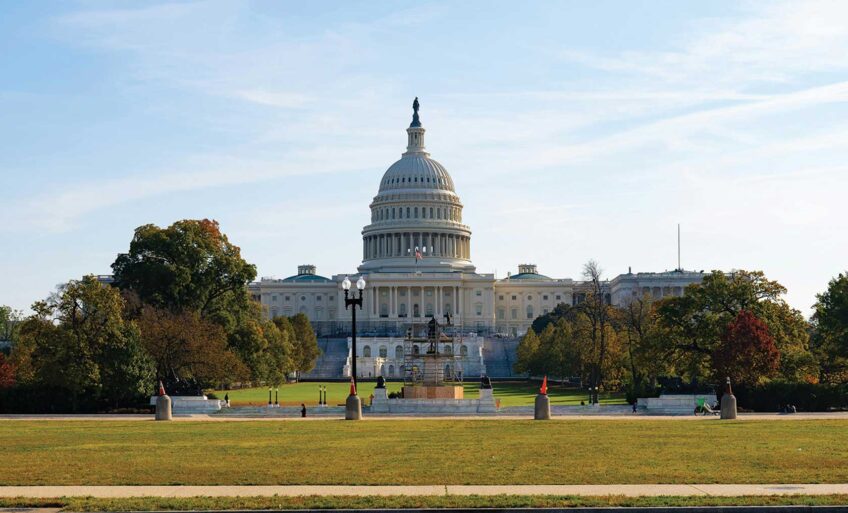During the civil rights era, many Americans developed a profound respect for the U.S. Supreme Court as the guardian of the nation’s highest standards for freedom, justice and equality. Unfortunately, recent comments by members of the Court now tend to vitiate that reputation.
As the Court considers modification of the Voting Rights Act of 1965, Justice Antonin Scalia has claimed that efforts to assure minorities and the poor access to the polls is merely an “entitlement,” similar to welfare or healthcare. Scalia decried “the injustice of racial entitlements.” He seems to ignore the 15th Amendment to the U.S. Constitution of 1870 that provides the right to vote “shall not be denied or abridged … on account of race, color, or previous condition of servitude and Congress shall have the power to enforce …” this right.
It is well-known that there were innumerable impediments to voting in last November’s presidential election. Massachusetts is not one of the states that had a problem. Nonetheless, Chief Justice John Roberts asserted that Massachusetts “… has the worst ratio of white turnout to African American voter turnout” and the “greatest disparity in registration.” Both assertions proved to be incorrect.
One fears that the mindset of conservatives on the court might be reverting to the historic antipathy for blacks. In the Dred Scott case of 1857, Chief Justice Roger B. Taney claimed that all blacks, whether free or slave, were not and could never be citizens. He then went on to assert that blacks “had no rights the white man was bound to respect.”
The Court was then out of touch with a changing public opinion. Only 11 years later in 1868, the nation adopted the 14th Amendment to the U.S. Constitution, which states that all persons born in the United States are citizens.
Even though native-born blacks became citizens after 1868, the Court was not yet finished diminishing the status of blacks. In the case of Plessy v. Ferguson, in 1896, just before the dawn of the 20th century, the Supreme Court sanctioned racial segregation. Plessy’s doctrine of “separate but equal” was not overruled until 1954 in the case outlawing school segregation (Brown v. Board of Education).






